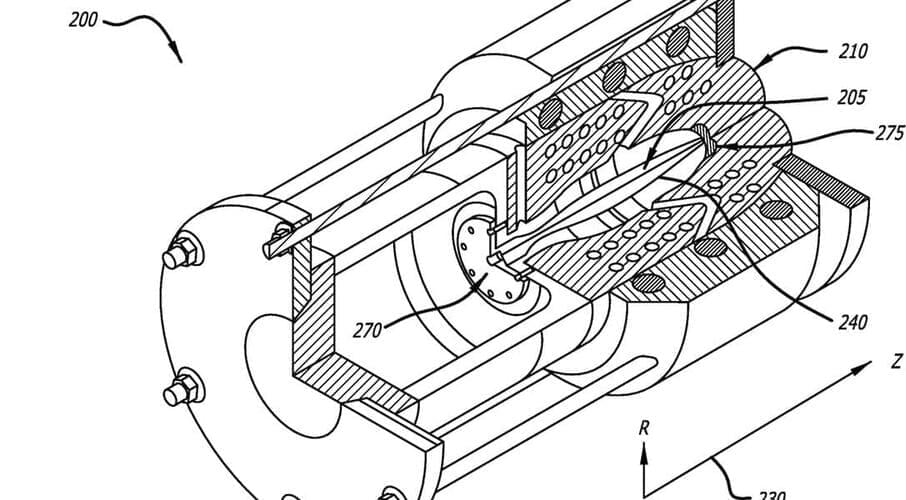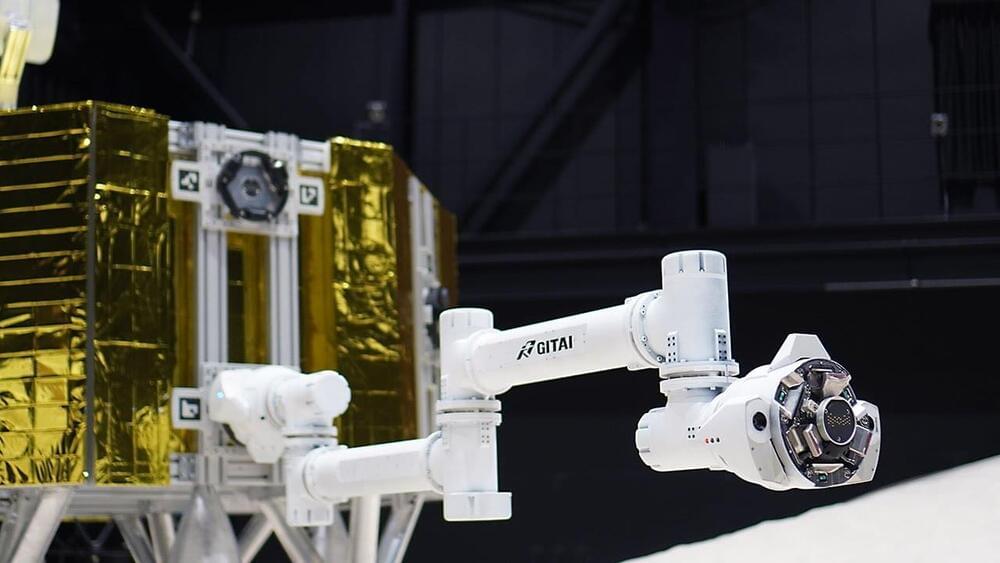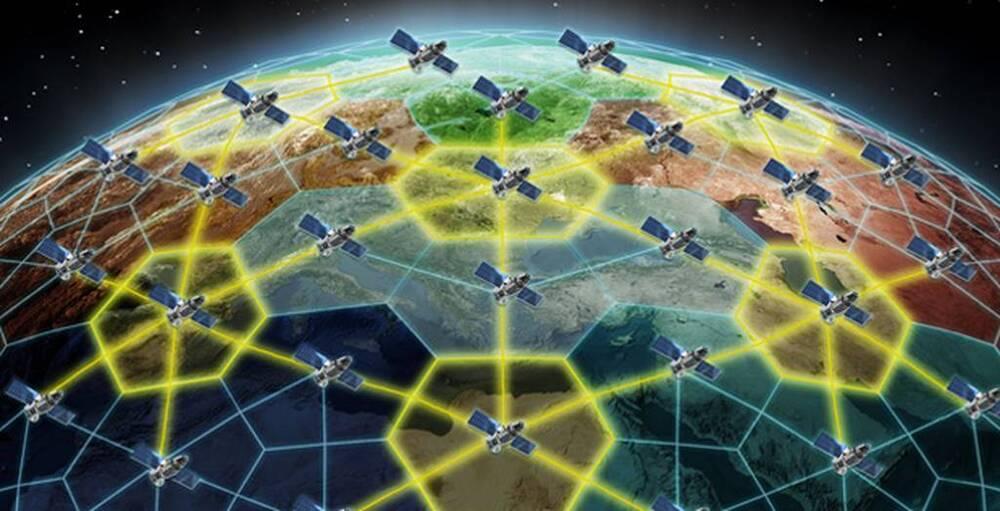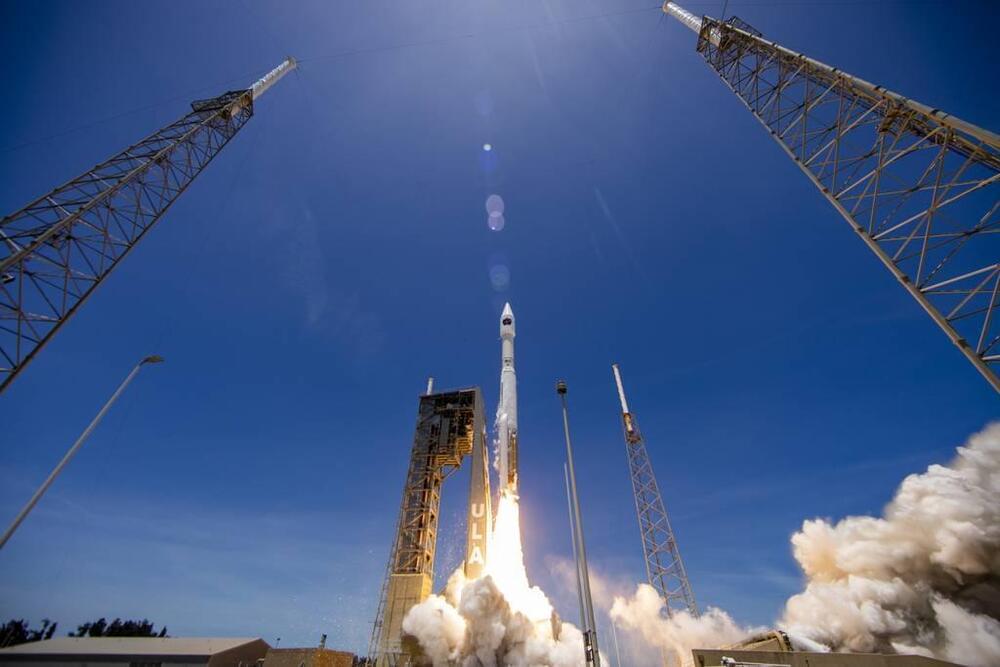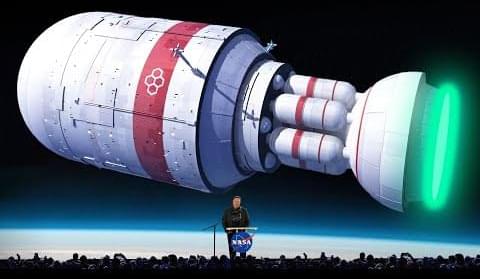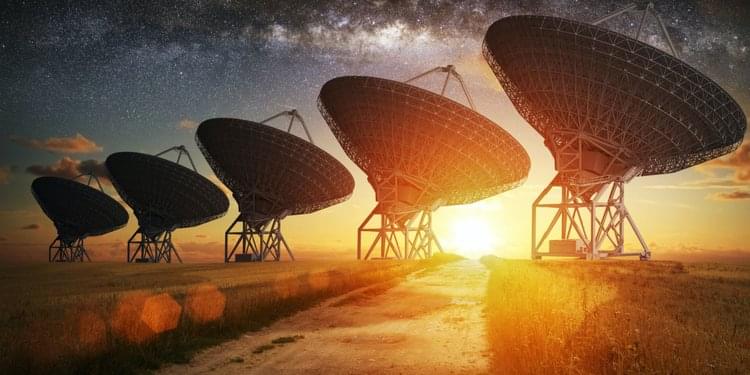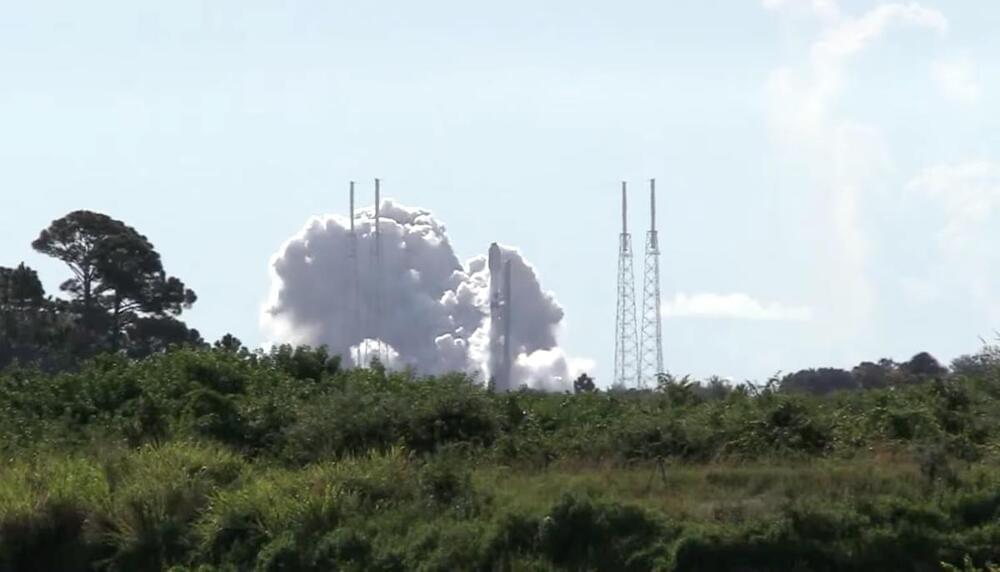Sep 6, 2022
Can a Seattle Start-Up Launch a Fusion Reactor Into Space?
Posted by Quinn Sena in categories: military, nuclear energy, satellites, sustainability
Practical nuclear fusion is, famously, always 10 years in the future. Except that the Pentagon recently gave an award to a tiny startup to launch a fusion power system into space in just five.
There is no shortage of organizations, from VC-backedstartups to nation states, trying to realize the dream of cheap, clean, and reliable power from nuclear fusion. But Avalanche Energy Designs, based near a Boeing facility in Seattle, is even more ambitious. It is working on modular “micro fusion packs,” small enough to hold in your hand yet capable of powering everything from electric cars to spaceships.
Last month, the Pentagon’s Defense Innovation Unit (DIU) announced it had awarded Avalanche an unspecified sum to develop its Orbitron fusion device to generate either heat or electricity, with the aim of powering a high-efficiency propulsion system aboard a prototype satellite in 2027. The contract to Avalanche was one of two awarded by the DIU—the second going to Seattle-based Ultra Safe Nuclear for development of its radioisotope battery.
